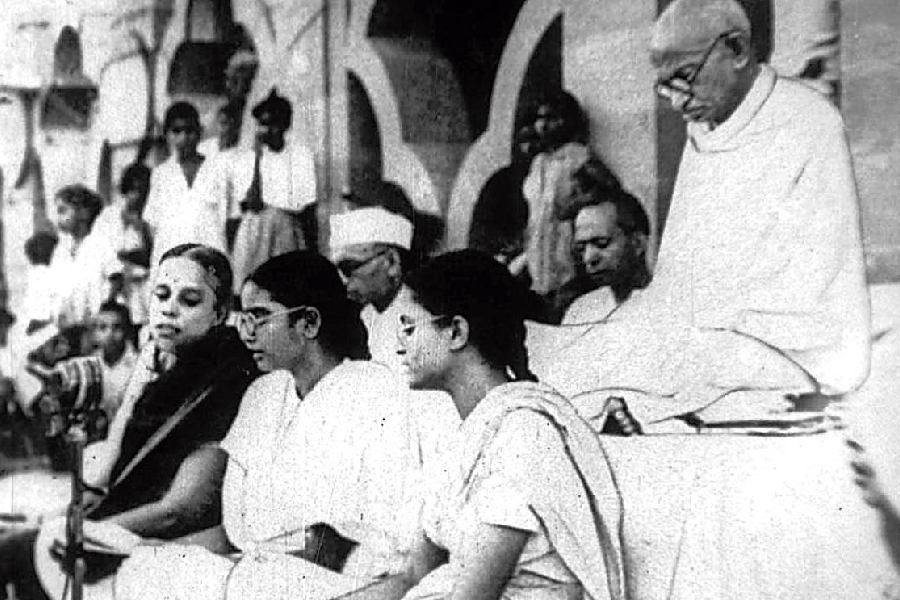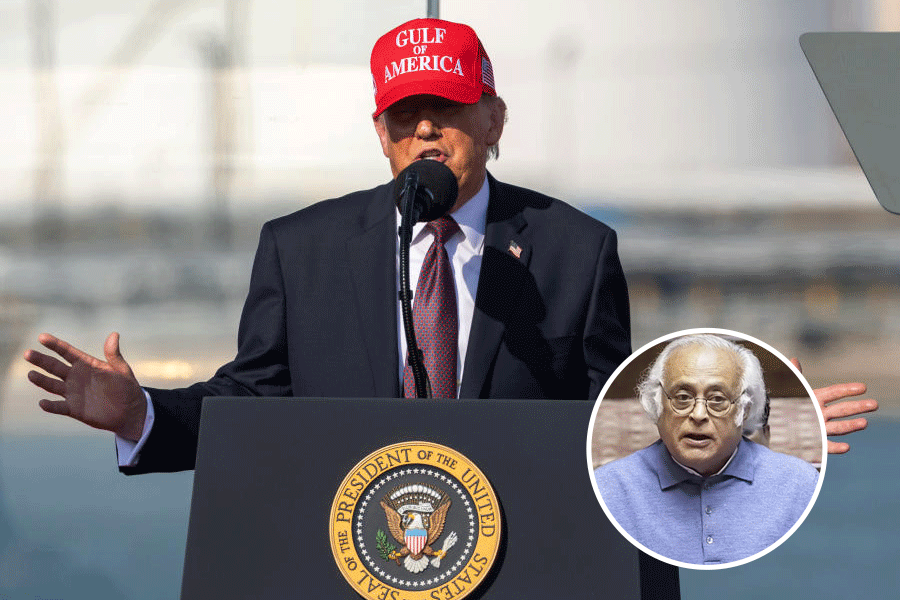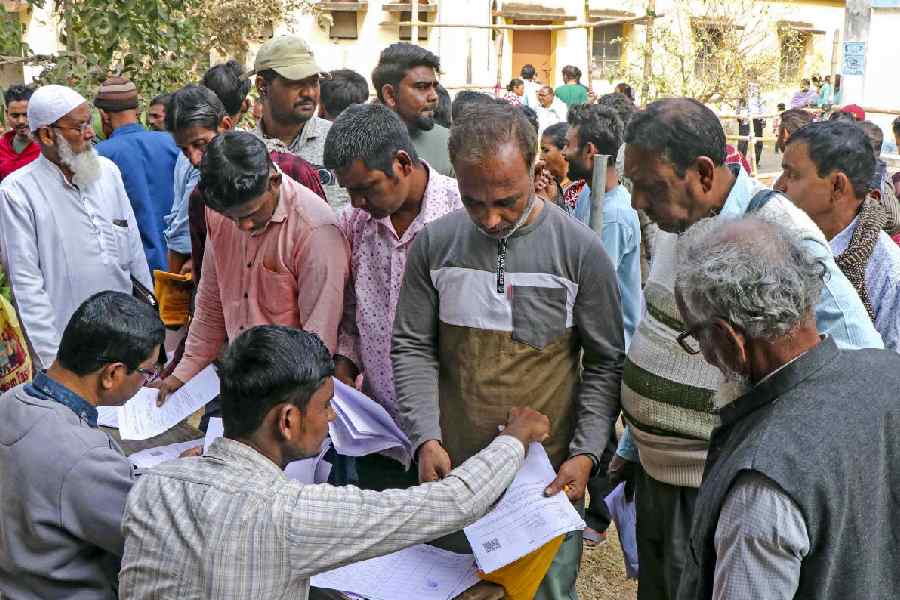We are living in strange times where what we eat, drink, wear, speak are all up for censure. So why should one be surprised if what one sings should come up for criticism too?
A singer who chose to sing “Ishwar Allah tero naam” (as part of the “Raghupati Raghava Raja Ram” bhajan) was heckled and forced to change her tune, literally and figuratively, by a belligerent audience in Patna. Not only did she have to apologise for her choice of verse but she was also forced to chant “Jai Shri Ram”. Her plight was possibly triggered by a social media forward that has been doing the rounds for more than a year now, stating that “Ishwar Allah” was not part of the original tune. This kind of messaging usually increases close to Gandhi Jayanti and reaches a crescendo by Sarvodaya Day.
One wonders if this singer, or others who have faced similar situations, would feel reassured from learning that M.K. Gandhi chose this version because of its ecumenical flavour. In his time, too, Gandhi had to brook opposition over the inclusion of Muslim prayers in the public prayer meetings that he attended in the last few years of his life. When some Hindu attendees raised objections against the inclusion of Quranic chants, Gandhi insisted that these lines be kept and that dissenters had the choice to either stay silent or leave. The inclusion of these lines was intended to be an open sign of solidarity with the Muslim community.
Religious music had the greatest appeal for Gandhi. He felt that it had the power to create harmony in life and unite people by transcending sectarian barriers. It is with this understanding that he collaborated, in 1922, with Narayan Moreshwar Khare, the resident musician of Sabarmati Ashram, to compile around 250 devotional songs in different languages into the Ashram Bhajanavali. They form a part of the morning and the evening prayers at Gandhian ashrams across the country till today.
In 1930, when in Yerawada jail, Gandhi started translating all these verses into English. An adaptation of this work was published in 1934 as Songs from Prison by George Allen and Unwin. In 1971, Gandhi’s English translation of 253 bhajans and hymns was published as the Ashram Bhajanavali by the Government of India as part of The Collected Works of Mahatma Gandhi (Volume 44).
The Bhajanavali underscored a daily formula with designated prayers. Verses were Vedantic as well as chants to various gods and goddesses. Sections from the “Ramcharitmanas”, “Mukundamala” and so on were representative of the widely varying regional traditions of the country. The Bhajanavali can be considered pan-Indian, representative and inter-religious, all rolled into one.
Intended as spiritual nourishment for the satyagraha community, Gandhi considered the ashram prayer “as a hotchpotch of something Eastern and Western” as he had no problem with taking something good from the West whilst conceding something from the East to achieve “an unconscious blending of the two.” Although Gandhi often wrote of Sarva Dharma Sama Bhava or his respect for all religious paths, the Bhajanavali is not a handbook of world religions. Hence, one may sense a certain imbalance in the collection in terms of not being equally representative of all religions, or all sects within one religion.
Gandhi opened himself up to people from a myriad denominations and prayers got included from such encounters. Raihana Tyabji, a friend, suggested the Islamic verses; M.D.D. Gilder offered the Zoroastrian prayers, having chanted them at Kasturba Gandhi’s funeral; whilst a Buddhist monk introduced the Buddhist chant. Gandhi himself had gathered a treasure trove of Christian prayers and hymns through his many discussions with Christian friends.
For all those who quibble over the lines from bhajans, the prayers from the Bhajanavali may serve to open their minds.
Melanie P. Kumar is an independent writer










